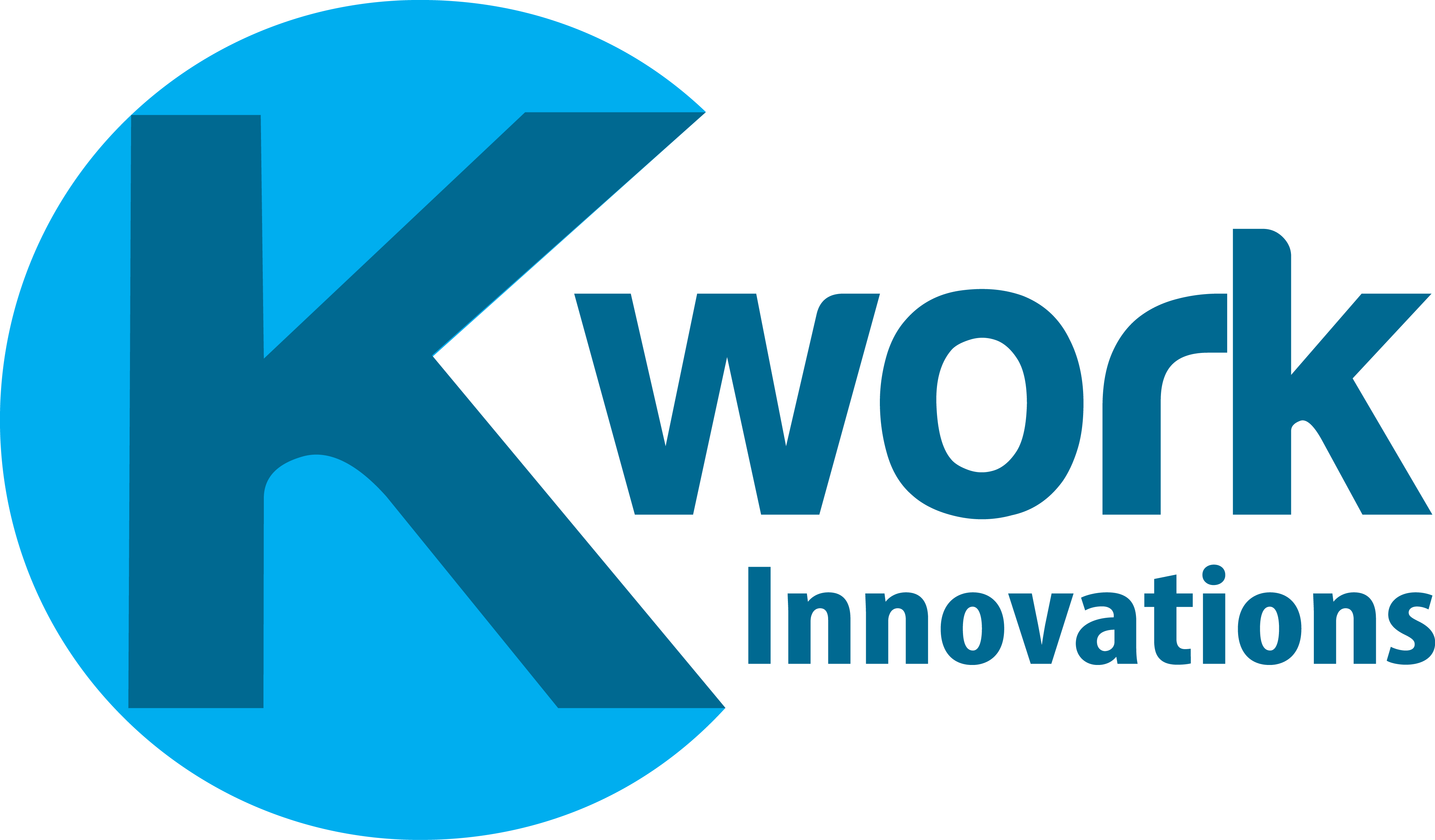Global Sustainable Development Goals and How Your Company Can Take Part
The 17 global Sustainable Development Goals (SDGs) are the priorities and aims set by the United Nations (UN). The SDGs aim to end poverty, promote peace, and protect the planet by 2030. The goals call for collaboration among governments, the private sector, and local communities. A total of 193 member states adopted the SDGs on September 25th, 2015.
The business sector plays a key role in attaining the SDGs. Below are the highlights of the goals and ways your company can get involved and promote sustainable development.
1. No Poverty
The goal is to end all forms of poverty. There are more than 700 million people who belong to poor communities. They represent 11% of the world population. They have little to no access to basic life needs such as health and education.
To eradicate poverty, companies can help create businesses for the poor. Visa, for example, gave 500 million poor individuals access to financial services.
2. Zero Hunger
The goal is to improve food supply and nutrition. There are about 800 million people in the world who have don’t have enough access to food.
You can help by influencing your employees and stakeholders to support local markets. You can also promote good nutrition and choosing sustainable food. You can campaign against food waste.
To illustrate, General Mills donated meals to local food banks.
3. Good Health and Well-Being
Every year, there are still more than 6 million kids who die even before they turn 5 years old. This happens because they don’t have access to proper health care.
Your company can help educate your stakeholders on good health and healthy living. You can tie up with organizations to promote the right and proper health care services.
4. Quality Action
Educating people can empower them to be free from poverty and to live better lives. You can help by financing the creation of tools and facilities that promote education.
5. Gender Equality
Half of the world’s population are women and girls. About 15 million girls who are under 18 years old are married — or worse, forced to marry. The girls who end up marrying at this age are often unable to continue their education. This limits their ability to find work.
Thirty-five percent of women between 15-49 years old have experienced domestic violence. Also, there are 1 in 3 girls who are 15-19 years old who have suffered female genital mutilation. This is prevalent in 29 countries in Africa and the Middle East. This practice increases the risk of infection, childbirth complications, and even death.
6. Clean Water and Sanitation
There are about 1.8 billion people around the world who drink unclean water. Meanwhile, around 2.4 billion people have little to no access to toilets. Many children under 5 years old die from diseases caused by lack of access to safe water and sanitation.
Your company can participate in World Water Day and World Toilet Day campaigns.
Another great initiative is Kimberly-Clark’s program, Toilet Change Lives. The program funds sanitation services and access to safe drinking water.
7. Affordable and Clean Energy
There are almost 1 billion people in the world who have no access to electricity. You can promote ways to save electricity in your company. Also, encourage your stakeholders to bike, walk, or use public transportation. This will help reduce carbon footprint.
8. Decent Work and Economic Growth
About 2.2 billion people live under the international poverty line, which is US$1.90 a day. To help promote decent jobs, you can invest in quality education and training of young people.
Case in point: Microsoft YouthSpark helps provide computer skills to young people.
9. Industry, Innovation, and Infrastructure
There are about 1.2 billion people who have no access to quality phone services. You can help by ensuring that your company’s activities are sustainably managed. You can also partner with the local government and support their initiatives for this SDG.
10. Equality
Inequalities based on sex, age, race, income or religion are still prevalent. This slows down social progress.
You can call on your government to remove discriminatory laws and practices. You can enforce policies in your own organization to promote equality for all.
11. Sustainable Cities
There are 833 million people who live in unfit housing condition. There is also an increasing level of energy consumption and pollution in the cities. This can have a major impact on everyone’s health. Participate in how your local government manages your city or municipality.
Siemens is a German company known for their power plant business. They are considered as the most sustainable company for their low carbon footprint.
12. Responsible Consumption and Production
One-third of food produced, which roughly amounts to $1 trillion, are spoiled or wasted. You can help provide solutions by inspiring your stakeholders to support sustainable lifestyles.
Nike, for example, promotes waste reduction by using recycled materials for their products.
13. Climate Action
Climate change endangers people’s lives and future. Take an active part in lowering carbon emissions in your business.
14. Life Below Water
The ocean is an important natural resource for food, biofuel, and medicine. You can promote the use of ocean-friendly products. Reducing carbon emissions will also prevent the rise of sea levels. This can be done by saving electricity. You can also encourage opting for public transportation and not using plastic products.
For instance, Discovery Channel initiated the Change the Tide. The program focuses on conserving the oceans.
15. Life on Land
About 31 percent of our planet’s land area is forested. Forests sustain us even just from the air we inhale. To help save the forests, your company can initiate recycling. You can also limit unnecessary use of energy such as electricity.
16. Peace, Justice, and Strong Institutions
Everyone needs to feel safe regardless of their beliefs or orientation. Take part in educating your community about the facts of violence and discrimination. Encourage your stakeholders to promote peace and respect for everyone.
AirBnB, for example, helps provide temporary homes for refugee relief workers.
17. Partnerships
This calls for the collaboration of local governments, businesses, and communities. The aim is to actively work together to implement the SDGs. You can coordinate with your local government and NGOs on this.
How You Can Get Started
UN created the SDG Compass to guide companies on how to promote the global goals. The bottom line is for you to align your business plans and strategies with the SDGs. What’s in it for your company? Incorporating the SDGs will give you more business opportunities. It will help you sustain your company by educating you on how to use your resources better. The SDGs will provide opportunities for you to engage your customers and stakeholders.
1. Understand the SDGs
The first step is to familiarize yourself with the SDGs. You need to assess the impacts that your company makes. Check those impacts against the issues surrounding the SDGs.
2. Identify priorities
Based on your assessments, determine the SDGs that you can prioritize.
3. Set targets
You can align your company goals, marketing strategies, and innovation with the SDGs. This would show how committed your management is to sustainable development.
4. Integrate
Integrate the SDGs in every step of your business process. It is important in achieving the goals.
5. Inform your stakeholders
Make your customers, investors and your local communities your accountability partners. You can inform them on your website about the SGDs that you’ll prioritize. You can also update them about your progress in reaching the goals.
Help the UN’s Sustainable Development Goals succeed by incorporating them at the very core of your business.

